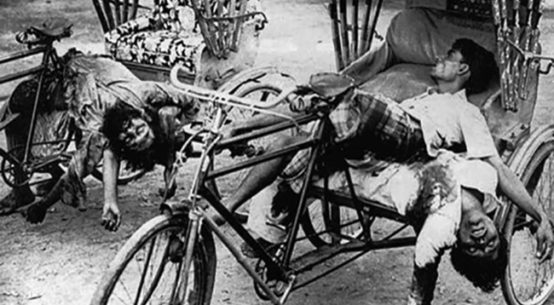As Bangladesh celebrates the centenary of Sk. MujiburRahman’s birth, it’s time to reflect how a small town in the distant part of verdant East Bengal now Bangladesh became the birthplace of a man’s political life which created state making history. It’s from here that the journey of a man who plunged into history began who swam against the tide and came out a winner in the cruel sea of colonialism, British and Pakistani.
Much of discussion is on the role of Sk. Mujib after 1947 that is in the so-called Pakistan era. Yet Sk. Mujib’s history goes back to his youth, when he challenged the local establishment and took on them on. His autobiography is full of anecdotes about his resistance to the elite of his area and era and how in the process the struggle defined him. He was not a politician as much as he was a contestant of the adverse reality that surrounded him. And in the end he won.
He had many difficulties, from personal health to economics. Difficulties and challenges were intrinsic to his life. Yet he went ahead as such people are wont to and in the end became who he was.
Sk. Mujib’s entry into politics was indicative of his attitude and approach to his life. Old guard Swadeshi activists who were opposed to the birth of East Bengal -1905-11- were determined to prevent the public meeting of recently elected to power of Bengal Muslim league and KrishakProja Party. It was 1939, a year before the Lahore Resolution of independent East Pakistan so in a way it showed how history itself was conspiring to bring into its fold , one person who realized it in reality.
Sk. Mujib and his followers dispersed the Congress activists forcibly and ensured the meeting could be held. And it’s through this act that he came into contact with leaders and was inducted into the mainstream of Bengal politics. It was his resistance that created his space in life and that is how he stamped his role later too.
It’s important to remember that unlike other state makers and leaders, he was defined by a major difference; he had no colonial Western education. All the leaders whether Gandhi, Jinnah, Nehru, Subhas Bose had been educated fully or partly in the West in the colonial heartland. But Sk. Mujib was entirely local and after Gopalganj, studied at Islamiacollege in Kolkata and later in Dhaka University. He was indigenous in his spirit, attitude and mental belief. He was not intellectually colonized ever.
His history had three geographical phases – Gopalganj, Kolkata and Dhaka. In each three phase, three different realities confronted him and he addressed them with the same bent of mind. In doing so, he defined the legacy of struggle and endurance of his own land. He and his land in the end became one. That is how he should be remembered.

